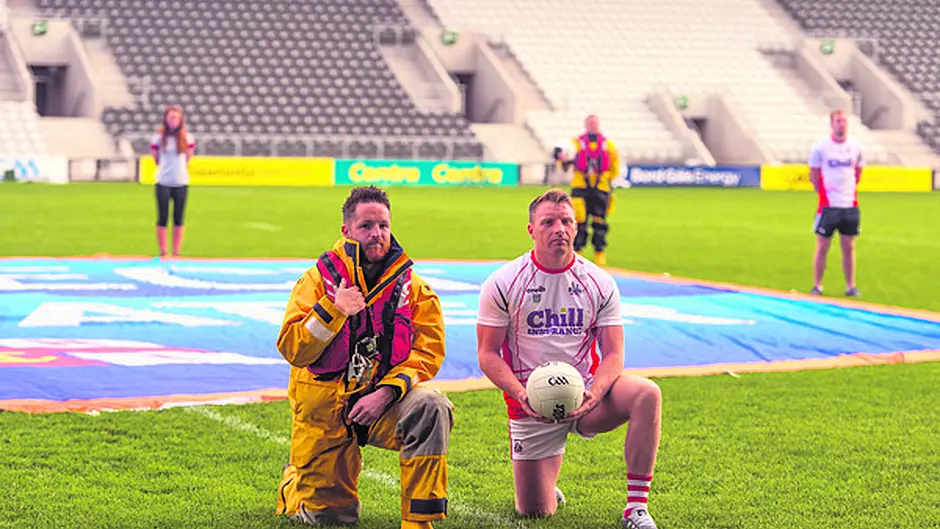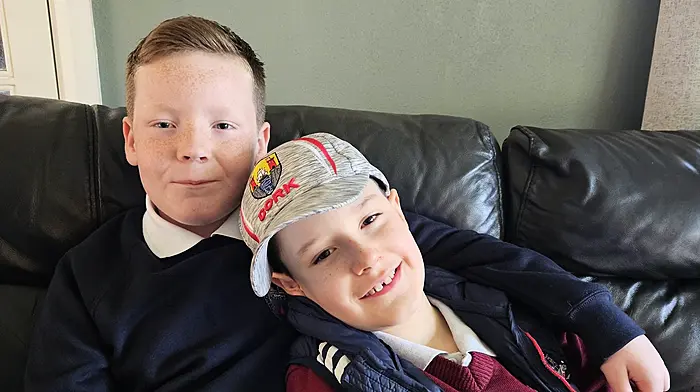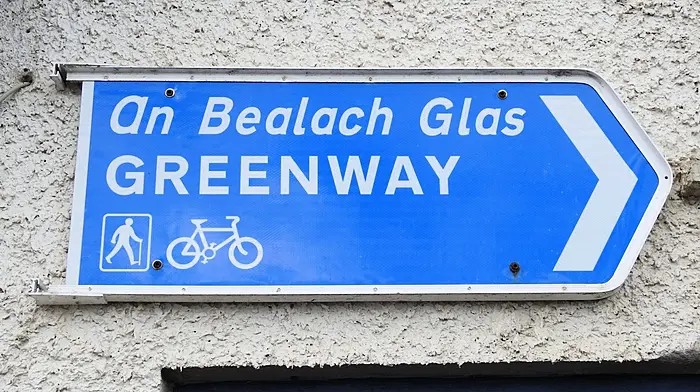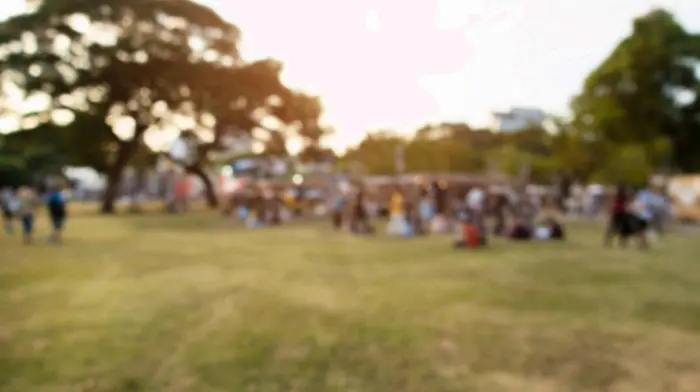Union Hall native and Cork footballer Brian Hurley is helping the RNLI with its Respect the Water initiative.
UNION Hall native and Cork footballer Brian Hurley is helping the RNLI with its Respect the Water initiative.
In partnership with the GAA’s Healthy Club Programme, the RNLI has launched its 2018 national drowning prevention campaign.
The campaign this year will see RNLI volunteers visit GAA clubs to share drowning prevetion advice with young players.
The Respect the Water campaign is now in its fifth year and the charity is this year calling on the public to practise the ‘float’ survival skill – a simple skill that could save a life.
This skill was demonstrated at the launch by Union Hall RNLI volunteers last week.
Cork footballer, Brian Hurley, also a RNLI player ambassador for the campaign, explained his reason for getting involved. ‘I grew up in Union Hall, right beside the water, and I know how great it is to have it on your doorstep. None of us live too far away from it and we should enjoy it, but we also need to look out for the dangers and know what do if we get into trouble or see someone else in trouble. We have an incredible opportunity with both the RNLI and the GAA to start talking directly to young people about it and hearing what they think,’ he said.
Under the initiative this year, 39 volunteer ambassadors from lifeboat stations across Ireland will work with GAA clubs in their communities to highlight the risks of drowning and to share lifesaving advice. The key message of the campaign will be ‘float’.
For those planning to go into the water, the best way to enjoy it safely is to choose a lifeguarded beach and swim between the red and yellow flags – the area most closely monitored by the lifeguards.
And if you see someone else in danger in the water at the coast, fight your instinct to go in and try to rescue them yourself, instead call 999 or 112 and ask for the Coast Guard.








